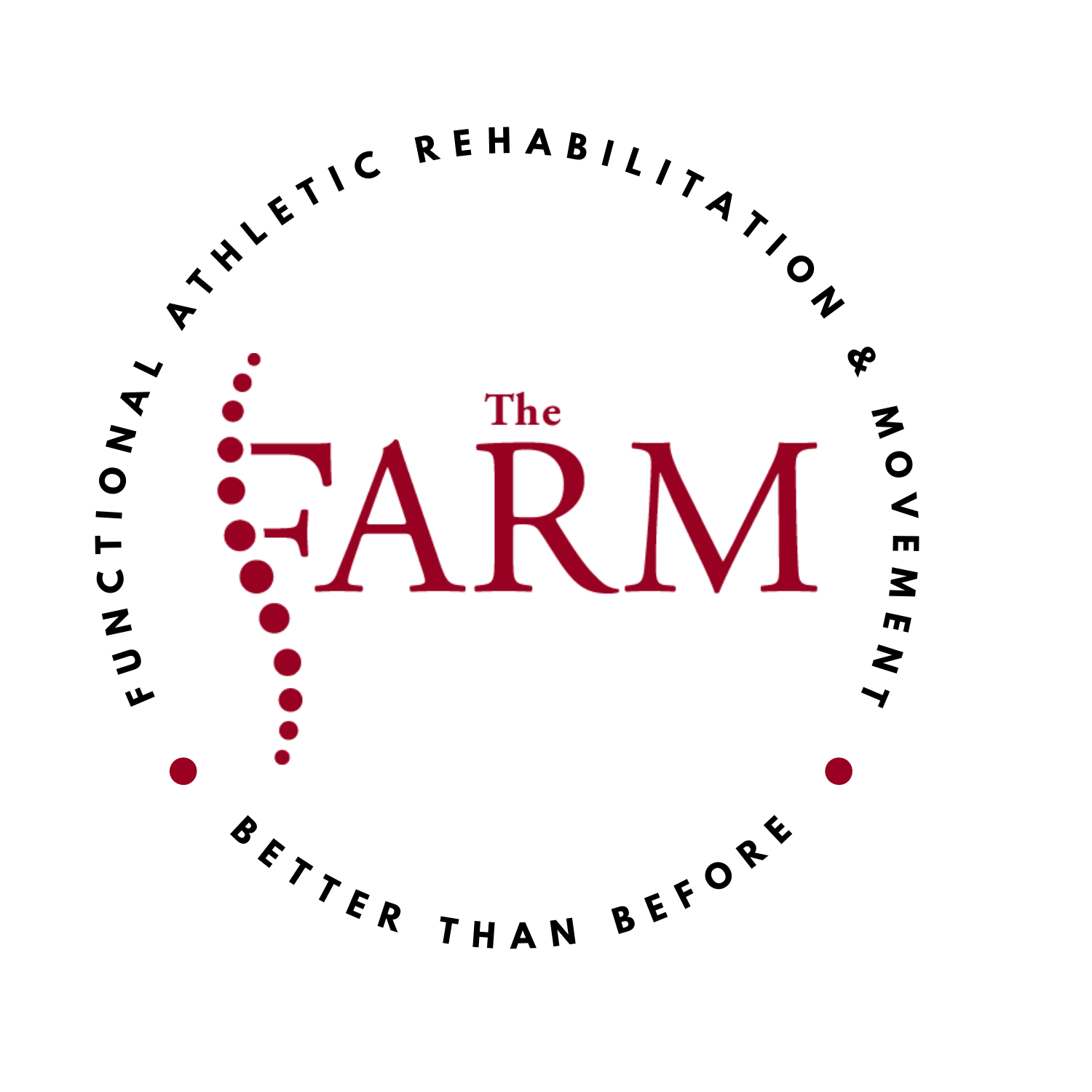Mastering Success Through Process Refinement
I think we all know that we need to develop and then hone our systems in order to achieve a high level of success, regardless of what we are undertaking or trying to achieve. What are the components of a system though?
sys·tem / ˈsistəm/ noun
a set of things working together as parts of a mechanism or an interconnecting network.
a set of principles or procedures according to which something is done; an organized framework or method.
To extrapolate on these classic definitions I think we could say that a process is a set of processes led by a first principles framework in order to create an efficient mechanism by which goals are accomplished.
How do we go from our daily processes, whether that be morning routines, organizing our schedule, or clinical and business processes, to rock-solid systems?
We must process our process.
Our first system that we need to implement is actually one that allows us to review, reflect, and then revise any and all processes and thereby systems. I call this our distillation process.
Distillation can be defined as the extraction of the essential meaning or most important aspects of something. The distillation process for creating stellar systems comes down to the three R’s.
Review
Reflect
Revise
We are all busy, and as the days, weeks, and months get swept away in busi-ness, we must realize that the only way we learn if we are truly accomplishing what we are aiming at.
Set aside time to review, which requires the forethought of keeping accurate notes or journaling.
Reflection is defined as serious thought or consideration, now you must take those raw notes and process meaning from them, using creative thinking processes such as divergent and convergent thought processes as discussed in this podcast by Andrew Hubermna, PhD. Allowing creative thinking to lead the way during reflection safeguards us from judging our actions, and instead distilling out the subtleties and novelties of what we’re doing that truly create our own mastery. We still need to be cautious of failures and flaws, but don’t let this be the bulk of our process. Just as we want a coach to be constructive rather than destructive, we have to approach reflection in the same way.
Revising our work is putting our new knowledge into action. The knowledge that comes from action, observation, chronicling, and then reflecting. Being ardent to this process will set you apart from 99% of the population. The path to amazing systems starts with this critical process.
By implementing the three R’s you can guarantee one thing, you are forced to check your work. What you do with that information is entirely up to you, as I’ve said many times before…
Knowledge is only as powerful as the action it inspries.
In this insightful conversation, Dr. Beau Beard sits down with Dr. Steven Capobianco—clinician, educator, and fascia researcher—to unpack the evolving landscape of manual therapy, pain science, and movement-based care.

